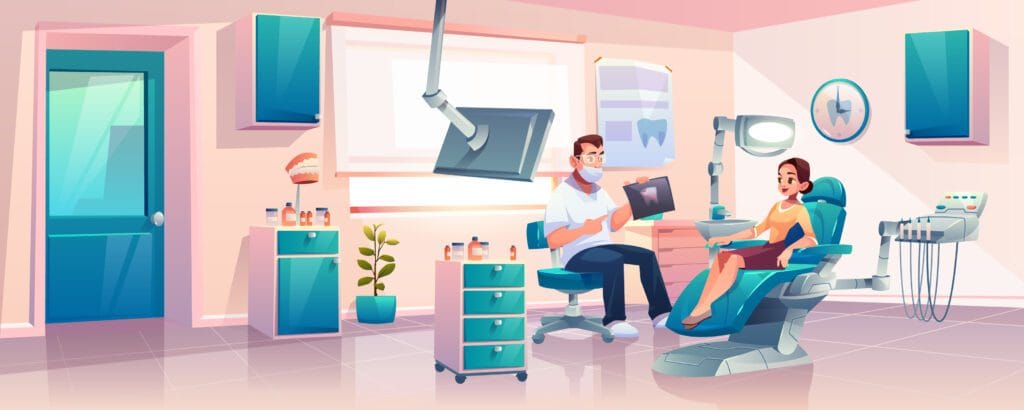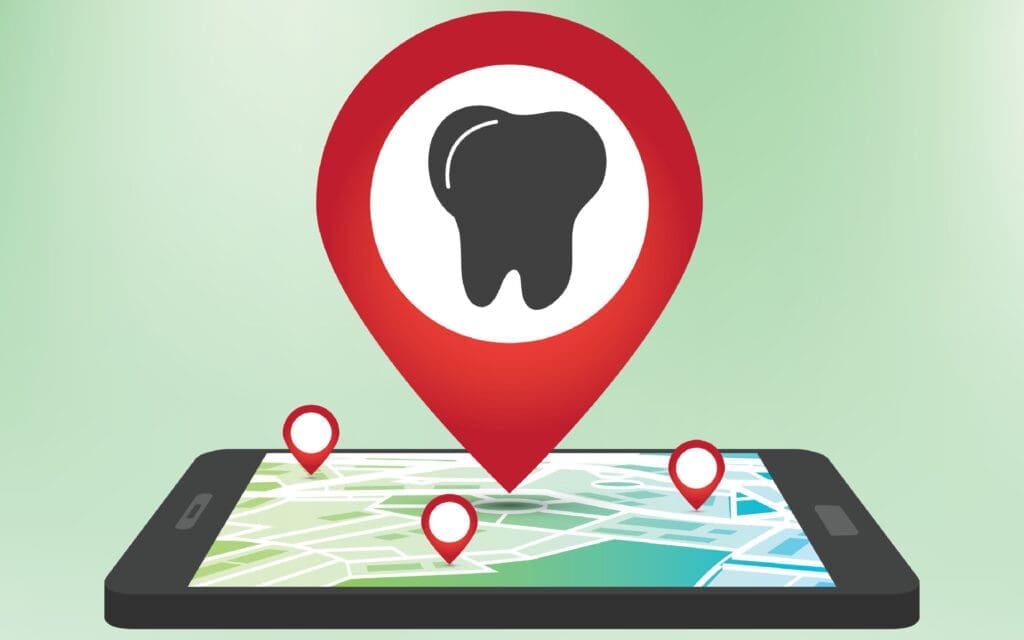 Selling Dentistry: How to Keep It Fun and Effective
Selling Dentistry: How to Keep It Fun and Effective
Have you ever felt like selling is something to dread? A chore at best, or worse—a battle? You’re not alone. Many dentists I’ve spoken to share a common apprehension about discussing treatment costs with patients. In fact, some even adopt the mindset that a “good sale” is one where “both parties walk away dissatisfied.” If that were truly the case, I wouldn’t want to do it either!
For those new to MGE and just beginning to learn how to sell, the mere thought of discussing payment can feel intimidating. But here’s the truth: unless you plan to give your services away for free, you’re going to need to confront selling. So, why not make it enjoyable?
In this post, I’ll share how to shift your perspective on selling, break down what makes it “unfun,” and provide actionable advice to approach it with confidence and ease.
Why Selling Feels Like a Struggle
The main reason selling can feel daunting is a focus on risk over reward. Let’s start by exploring what happens when you approach selling with a “serious” mindset.
Defining “Serious”
The word “serious” can have several definitions, but let’s look at the one that often applies to sales:
“Significant or worrying because of possible danger or risk; not slight or negligible.”
When you’re “serious” in this sense, your focus is on the potential for things to go wrong. You might think:
- “What if they get upset about the cost?”
- “What if they say no to treatment?”
- “What if I lose the patient altogether?”
This fixation on danger creates unnecessary stress. Instead of focusing on the positive outcome—helping your patient improve their health—you become consumed by “what ifs.”
The Impact of a Serious Mindset
Imagine you’re presenting a treatment plan. There are two ways to approach it:
- Focus on the benefits. You’re thinking about how the treatment will improve your patient’s oral health, function, and quality of life.
- Fixate on the risks. You dread the moment the patient asks about the cost. You worry they’ll refuse treatment or, worse, get upset.
Do you see the difference?
The worst-case scenario here is that the patient doesn’t accept the treatment. And while that’s not ideal, it’s also not the end of the world. You’ll find that far more patients say “yes” when you approach the conversation with confidence and positivity.
How Your Mindset Affects Your Patients
Here’s an important truth: patients can sense your emotions. If you dread discussing treatment costs or are overly “serious,” they’ll pick up on it.
Think about a time someone talked to you about something they didn’t want to discuss. Couldn’t you sense their discomfort? Now, imagine how your patients feel if you approach treatment discussions with that same unease.
To succeed in sales, you need to adopt a mindset free of concern and worry. That’s where the concept of insouciance comes in.
Embracing Insouciance
What Is Insouciance?
“Free from concern, worry, or anxiety.”
Insouciance is about letting go of the fear and pressure often associated with selling. Instead, it’s about maintaining focus on your patient and their needs.
Imagine presenting a treatment plan with no concern about whether the patient says “yes” or “no.” Your sole focus is on helping them and highlighting the benefits of the treatment. This mindset makes the conversation easier for both you and your patient.
We show you exactly how this works in Seminar A of the MGE Communication & Sales Seminars.
 Why Insouciance Works
Why Insouciance Works
When you’re free from worry, you create a relaxed and positive environment. Patients feel your confidence and are more likely to trust your recommendations.
On the other hand, if you’re overly concerned about the outcome, it shows. This can make patients hesitant or uncomfortable, reducing the likelihood of acceptance.
Practical Tips to Sell with Confidence
- Shift Your Focus. Concentrate on the patient’s needs and the benefits of the treatment. Visualize their improved health and happiness.
- Detach from the Outcome. Not everyone will say “yes,” and that’s okay. Focus on the patients who do accept treatment.
- Loosen Up. Selling doesn’t have to be stiff or formal. Approach it as a conversation, not a transaction.
- Keep Learning. The more training you complete—like MGE’s Communication & Sales Seminars—the better you’ll get.
The Bigger Picture
Remember, selling is about helping your patients, not just closing deals. When you approach it with insouciance, you can turn an activity many dread into something enjoyable and even rewarding.
So, as you head into your next treatment presentation, try to relax. Walk into that room with confidence, tell the patient what they need, explain the cost, and focus on the positive outcomes. Your stress won’t make them more likely to pay—it’ll only leave you feeling drained.
Ready to Master the Art of Selling?
 If you’d like to improve your communication and sales skills further, I highly recommend attending the MGE Communication & Sales Seminars.
If you’d like to improve your communication and sales skills further, I highly recommend attending the MGE Communication & Sales Seminars.
These seminars provide invaluable tools to help you handle barriers and create a more enjoyable sales experience.
Have questions? Feel free to reach out to me at dennisd@mgeonline.com or call (800) 640-1140.
Here’s to a successful and stress-free New Year filled with growth and happiness for you, your family, and your entire team!

 Selling Dentistry: How to Keep It Fun and Effective
Selling Dentistry: How to Keep It Fun and Effective Why Insouciance Works
Why Insouciance Works

No Comments
Be the first to start a conversation